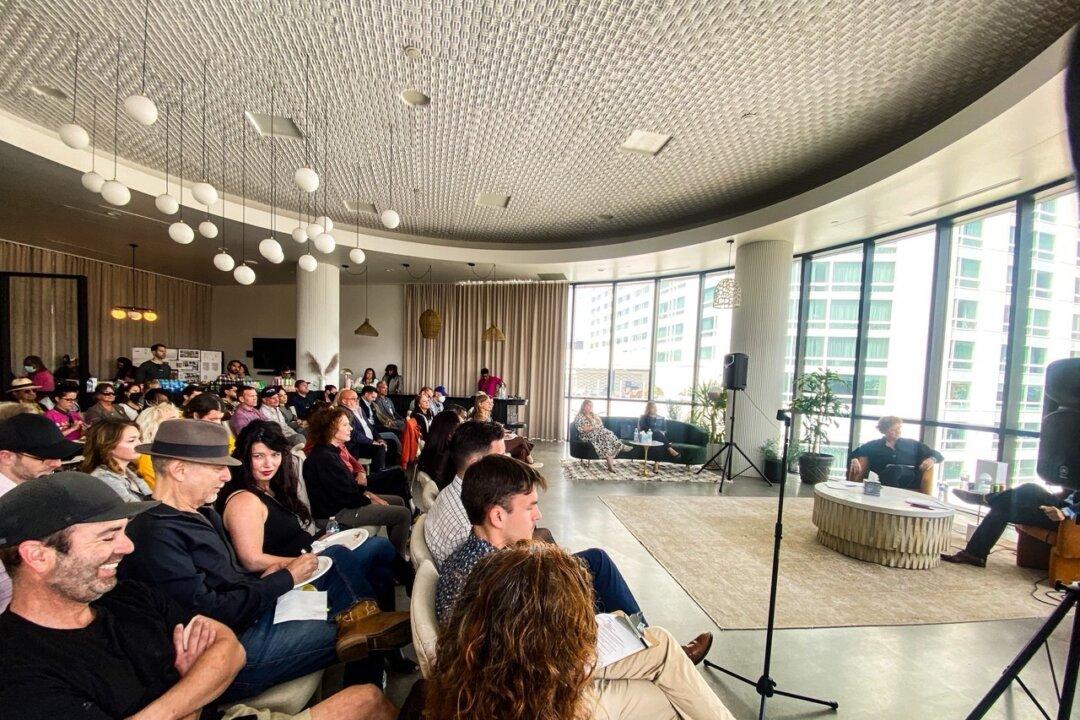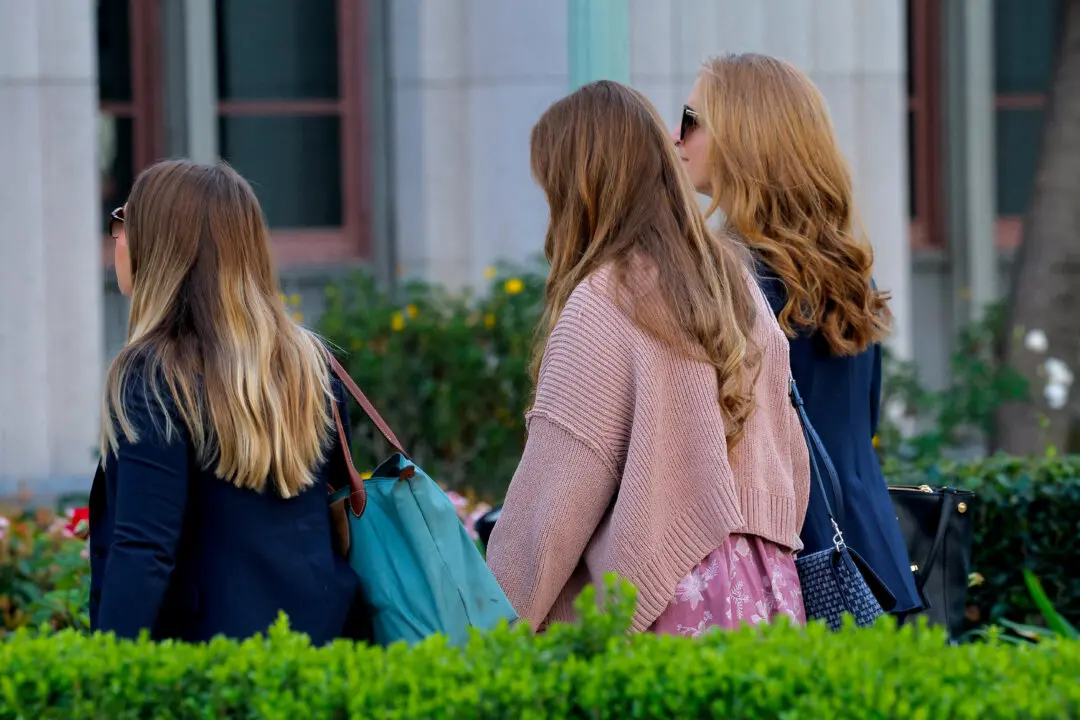LOS ANGELES—Dozens of area residents, business owners, and homeowners gathered at a town hall event with Los Angeles City Councilman Hugo Soto-Martinez on March 16 to voice concerns about crime, economic decline, and homelessness that they say are laying waste to the iconic heart of Hollywood.
Mr. Soto-Martinez represents the 13th District, which encompasses most of the Hollywood neighborhood, including its Walk of Fame.





